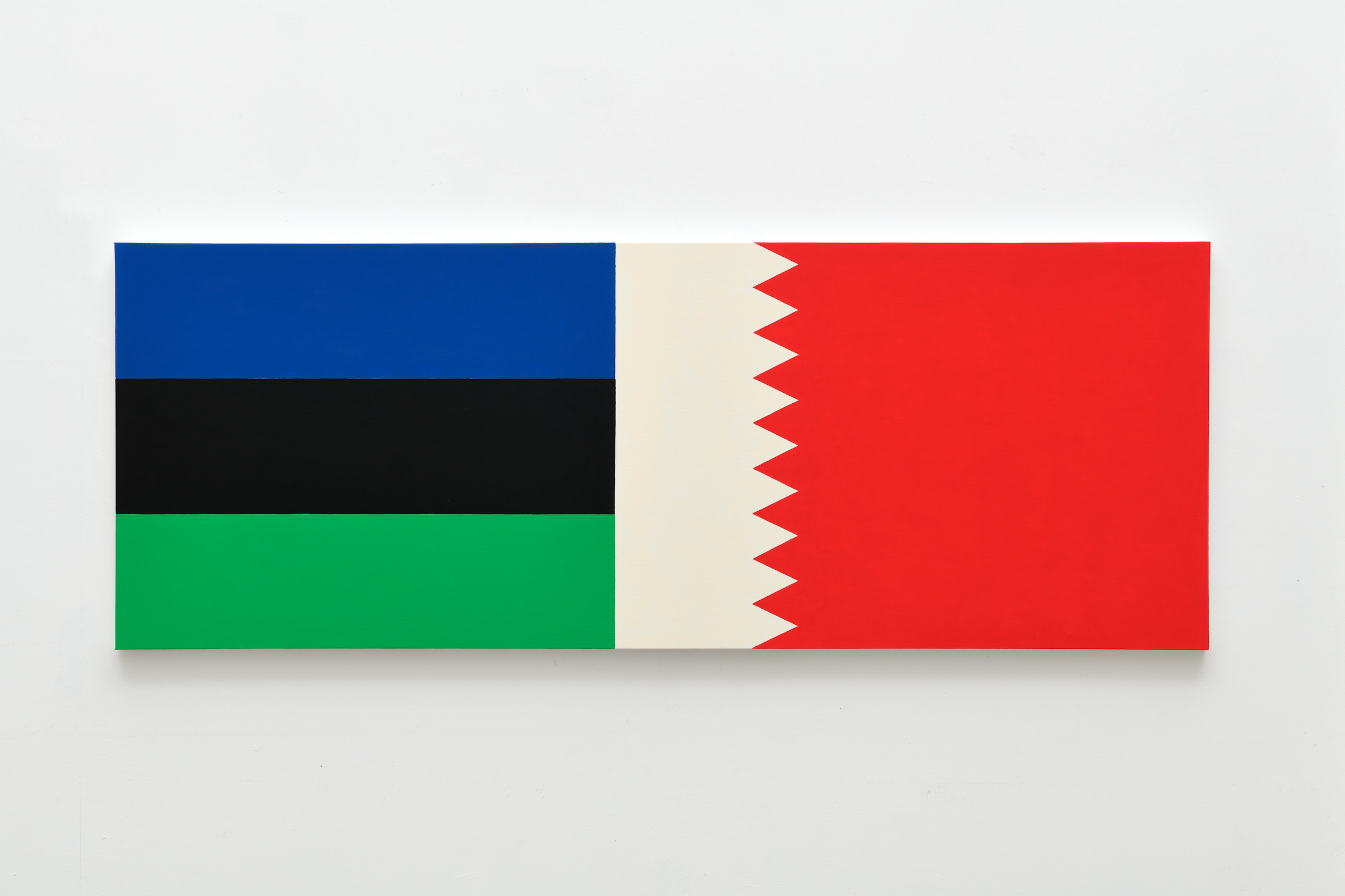

Vernissage 8th November h. 6.30 PM
Teatro Kursaal Santalucia
Largo Adua, 5, 70121 Bari
Pascali had this intense fascination with materiality, with materials,
with transformations, and with chemical interventions.
It was a personal obsession that made him captivating—a kind of sorcerer. […]
I would scold him because what I taught to use as a means—
observing matter—was, for him, an end.
[Toti Scialoja interviewed by F. Alfano Miglietti,
in Flash Art, no. 143, March–April 1988]
Opening on November 8th at 6:30 PM at Kursaal Santalucia in Bari, the exhibition Pino Pascali Toti Scialoja: Confluences, curated by Federica Boragina and Eloisa Morra with Antonio Frugis, is organized by the Pino Pascali Foundation and the Department of Tourism, Culture, and Heritage Development of the Puglia Region, in collaboration with Electa publishing. This exhibition marks the first show dedicated to Pino Pascali in Bari since 1981—a tribute to the celebrated Pugliese artist recognized internationally, with works housed in major collections around the world.
This exhibition initiates a new collaboration between the Pascali Foundation, the Puglia Region, and Electa, aiming to create a series of initiatives promoting Pino Pascali’s legacy in relation to the artists who influenced him or with whom he collaborated.
The exhibition has been made possible with the support of the Toti Scialoja Foundation of Rome.
At the Kursaal Santalucia in Bari, a historic site restored and reopened to the public in 2021 by the Puglia Region, visitors will experience a visual journey revealing, for the first time, the artistic and personal dialogue between Toti Scialoja and Pino Pascali, major figures in Italian art of the 1950s and 1960s. The exhibition is structured in five sections, illuminating the experimental intersections born of shared inspirations, highlighting a surprising series of thematic and imaginative correspondences.
Pascali and Scialoja met at the Rome Academy of Fine Arts on Via Ripetta, where Pascali enrolled in 1955 and Scialoja taught scenography. Known as one of the least conventional and most respected teachers, Scialoja was an established artist with connections to the international art scene, encouraging his young students to experiment freely and engage with contemporary artistic languages. Pascali, then in his early twenties, was one of Scialoja’s most receptive students. From Scialoja’s lessons, Pascali developed unexpected, vibrant visions—a reflection of the fascination with materiality that he inherited from his mentor, documented in the first section.
The second section focuses on the mutual interest both artists had in American culture and the renewal of European traditions sparked by influences from across the Atlantic. Here, viewers can explore Scialoja’s iconic prints alongside Pascali’s pop-inspired experiments.
The third section delves into each artist’s experiences in theater, which opened the door to dynamic languages used in television and advertising. Scialoja’s involvement in theater from the 1940s for several decades helped introduce Pascali to avant-garde theater, creating a scenographic space that constructed a second, illusionary reality.
These concepts were further developed by Pascali in his academic papers and later in his advertising work, where he showed a strong interest in performance (including instances where Pascali himself appeared as characters in advertisements, such as those for Cirio).
A shared fascination with the animal kingdom, explored in the fourth section, is another point of convergence between the two artists. From the 1960s onward, animals like spiders, whales, giraffes, and cheetahs began appearing in Scialoja’s poetic and whimsically illustrated “poetry of lost sense” and in Pascali’s famed “false sculptures,” inspired by his love for adventure novels and nursery rhymes. Both artists thus created unconventional, irreverent bestiaries that reveal their playful approach and metaphysical reflections on existence.
The exhibition concludes with a tribute from both artists to Mediterranean locales such as Procida and Polignano, sentimental and creative landscapes they never forgot.
Opening: November 8, 6:30 PM – until May 4, 2025
Curators: Federica Boragina and Eloisa Morra
Venue: Kursaal Santalucia, Largo Adua, 5, 70121 Bari, Italy
Pino Pascali Foundation
Website: www.fondazionepascali.it
Email: press@fondazionepascali.it
Phone: +39 080 424 9534
Press Offices:
Pascali Foundation: press@fondazionepascali.it
Electa: ilaria.maggi@electa.it
Communications Director: monica.brognoli@electa.it





